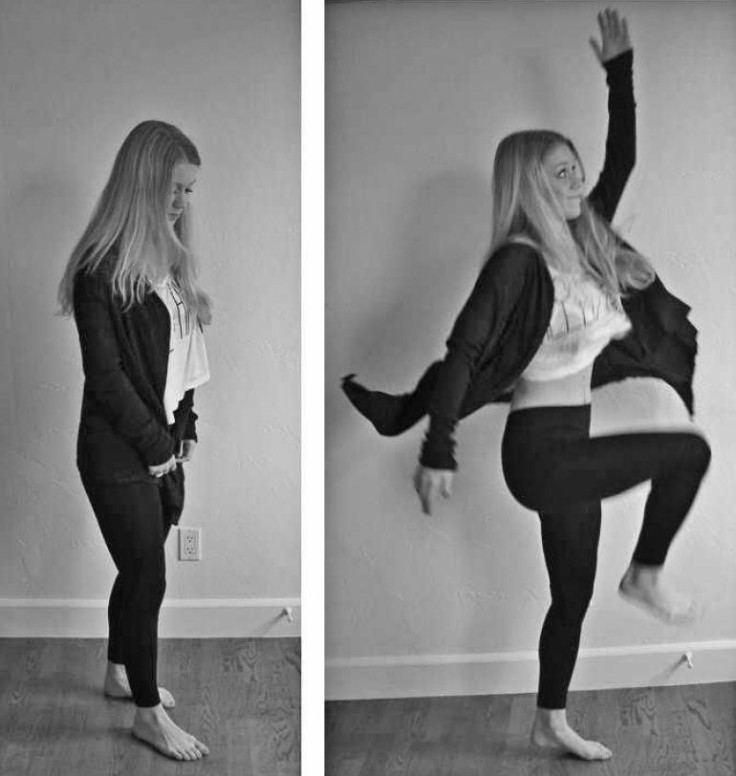Good Posture May Help Treat Depression

Here's another reason to sit up straight: better posture can better your mood. A study from Erik Peper, from San Francisco State University, and I-Mei Lin, from Taiwan's Kaohsiung Medical University, suggests that sitting up straight can even help ease the symptoms of depression.
The study examined 73 female and 37 male participants, most of whom were young with an average age of 23.7 years. All of the participants rated their general depression level over the course of the previous few years, with 1 being never and 10 being always. They also described the depression as chronic or situational, and rated their energy levels from 1 (low) to 10 (high). Energy levels were described because fatigue is one of the primary symptoms of depression.
The 100 participants were separated into two groups that performed two movements: either walking with slouched posture or opposite arm/leg skipping, which requires participants to look upward. After each exercise, participants rated their happiness and energy levels. Then participants compared the participants who had been in the highest 20 percent of depression levels with the lowest 20 percent. Those in the highest 20 percent reported an average level of 7.2 before the exercises; those in the lowest 20 percent reported an average level of 1.
With the slouched walk, the highest 20 percent reported a significant decrease in their energy levels, but the lowest 20 percent reported no such change. But with the skip, there was no difference between the two groups in terms of energy, which increased for both groups. After the exercises, according to Peper and Lin, "[almost] all participants reported that the subjective experience of opposite arm/leg skipping felt more energetic, happier, positive, or evoked happy childhood memories. They reported that the subjective experience of slouched walking often felt sad, lonely, isolated, sleepy, accompanied by a feeling of 'wanting to just sit down,' or 'zombielike.'"
Peper and Lin embrace opinions about depression that may be controversial for some. For example, in the study, they say that exercise alone will probably hold more long-term effectiveness than antidepressants for patients with depression. But they correctly note that many people spend a significant chunk of their time hunched over computers, televisions, and video games - even in therapists' offices, patients' chairs often encourage their bodies to slouch. "It may be possible that the decrease in physical activity and the increase in passive collapsed sitting and walking are factors that have contributed to a significant increase in depression over the last 50 years," Peper and Lin theorize.
They note that their theory has limitations, suggesting that the effect of opposite leg/arm skipping may have come out of exercise rather than posture. In future studies on this topic, they plan to ask participants to perform opposite leg/arm skipping with both slouched and upright postures.
Their study was published in Biofeedback journal.



























